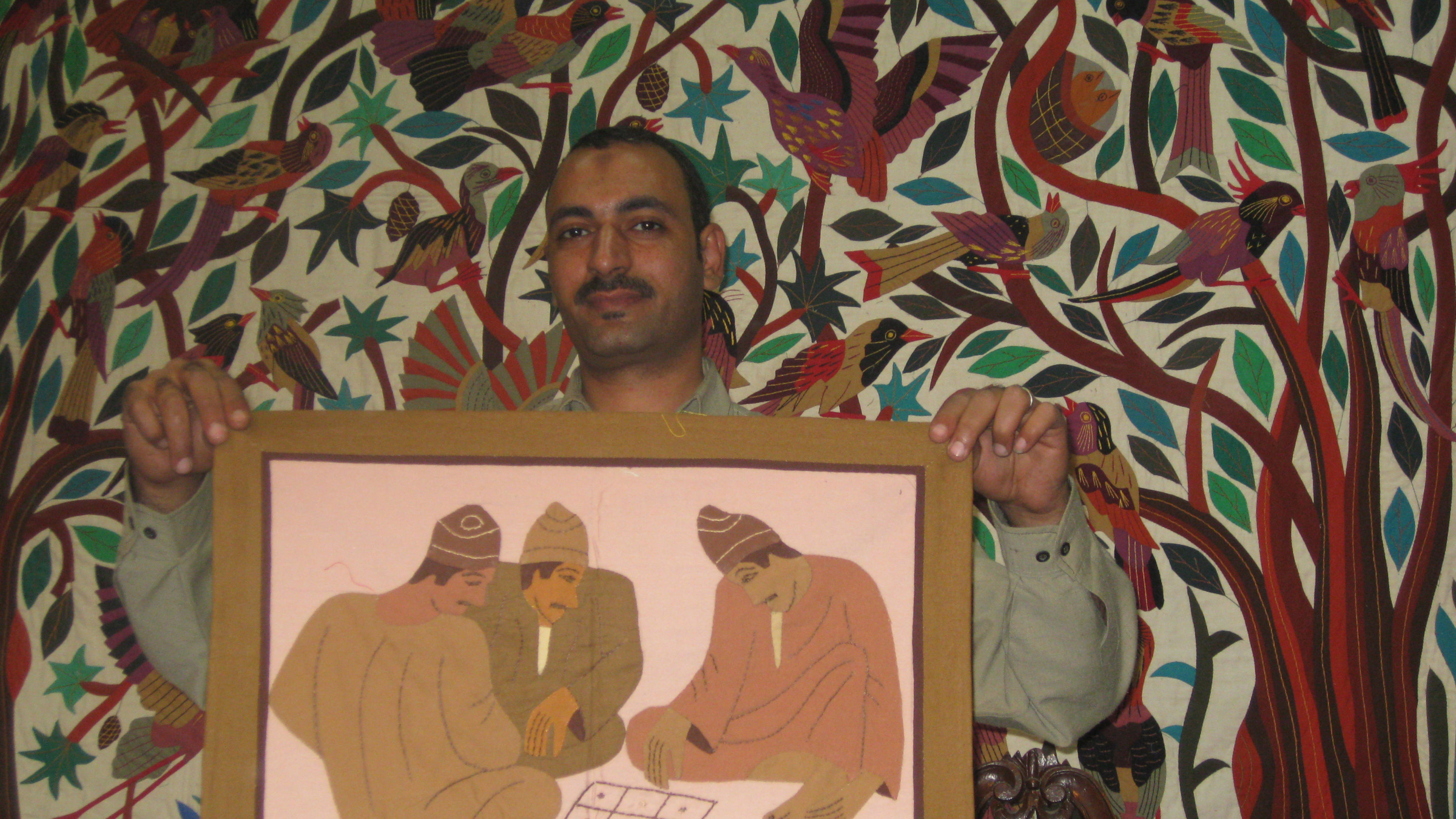Karama

Karama markets Egyptian handicrafts, linking marginalised artisans to the global market and highlighting the tradition and artistry that lies behind every piece. The initiative also trains artisans and encourages them to take pride in their cultural heritage, thereby ensuring that their skills are passed down through the generations. Karama markets and exports Egyptian handicrafts such as mother-of-pearl inlays, patchwork and embroidered textiles, engraved brass and copper items, and blown glass perfume bottles and ornaments. The initiative focuses on high-quality items and features every artisan individually in its online shop. Karama markets the products to wholesale customers worldwide via its website and to wholesale and retail customers directly at trade fairs in the United States and Europe.
- Supporting artisans engaged in disappearing crafts by marketing their products internationally.
- Promoting craftsmanship in society and encouraging young people to take up these trades, preserving cultural heritage and providing income to marginalised communities.
- Promoting a sustainable lifestyle through traditional handicrafts made from natural materials.
- Providing stable income to rural artisans helps to combat mass urbanisation to the Greater Cairo area.
- Increasing the limited availability of traditional Egyptian crafts in international markets.
- Developing a stable demand for high-quality handmade items from poor rural communities.
- Strengthening local value chains in disappearing trades.
Partners
GebRaa Co. buys, markets and exports the handicraft items.
The Syndicate of Traditional Artisans provides links to skilled artisans and helps organise training.
The Istebdaa’ Initiative provides technical and financial assistance to artisans.
The El Nafeza Foundation for Contemporary Art and Development trains disabled female artisans to recycle rice straw and other organic waste.
